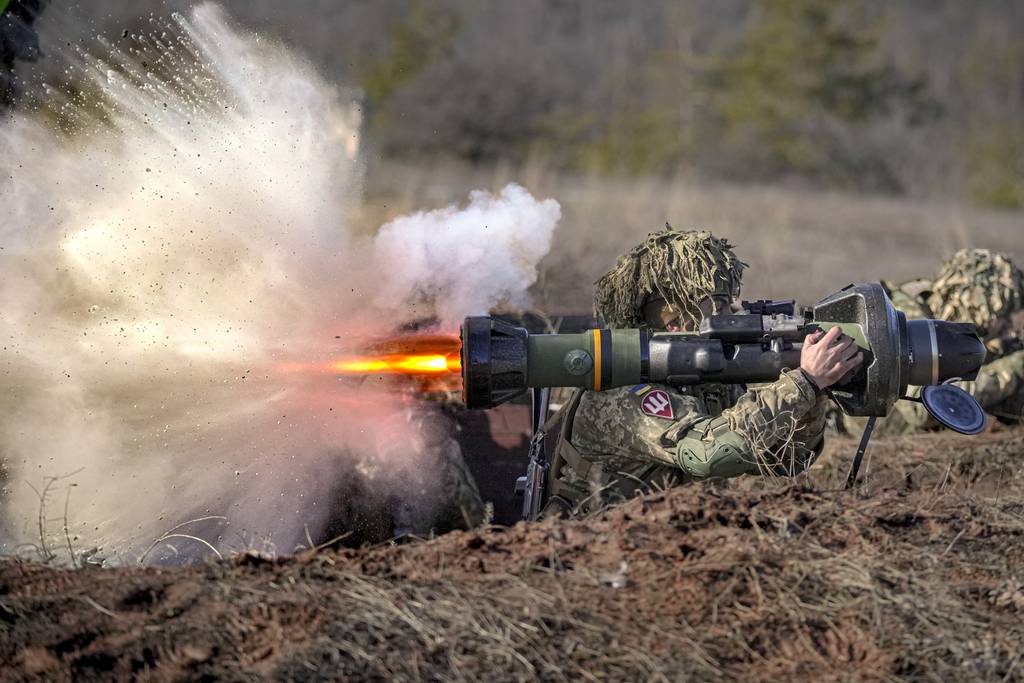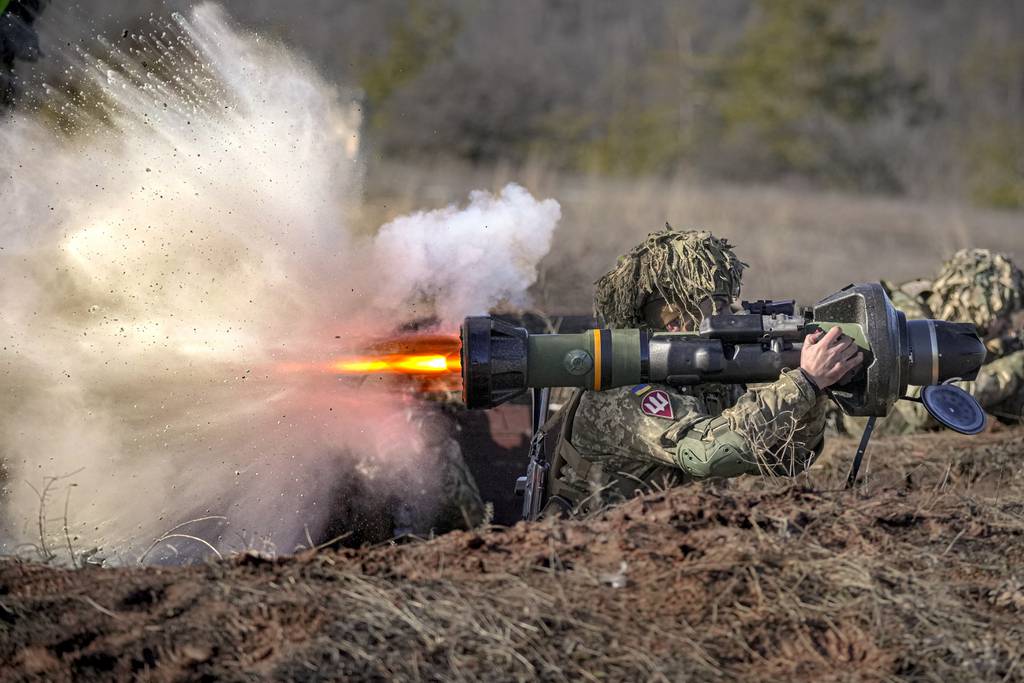Zarvan
ELITE MEMBER

- Joined
- Apr 28, 2011
- Messages
- 54,470
- Reaction score
- 87
- Country
- Location
Britain ramps up anti-tank weapon production to refill stocks
By Andrew ChuterDec 8, 01:40 AM

LONDON — Britain is rebuilding its tank-killing missile stocks with an order replacing thousands of NLAW next generation light anti-tank weapons donated to the defense of the Ukraine.
Defence Secretary Ben Wallace announced Dec. 12 that his ministry had agreed a deal with NLAW developer Saab valued at £229 million ($280 million) to replenish depleted weapon stocks starting 2024 and finishing 2026.
“Working with our first-class industry partners, we are continuing to fulfill our commitment to NATO by ensuring our armed forces will receive a steady supply of these weapons over the coming years, whilst supporting U.K. jobs across the length and breadth of the country,” said Wallace.
The deal follows an earlier contract involving the supply of 500 missiles for delivery next year.
Saab’s longtime NLAW partner here, Thales UK, is assembling the weapons at a factory outside Belfast, Northern Ireland.
Thousands of the anti-tank missiles have been supplied to the Ukrainian military since the invasion by Russia. The weapon is widely credited with having a significant impact destroying large numbers of Russian armored vehicles.
NLAW deliveries make up part of the 10,000 anti-tank weapons Britain has supplied to the Ukrainian armed forces during the course of the conflict, the Ministry of Defence said in a statement.
Significant numbers of Raytheon Javelin and MBDA Brimstone missiles are also among the extensive list of weapons donated by the British since the start of the conflict, causing concerns over the level of weapon stocks held by the military.
The latest order for NLAW has been widely anticipated for some time, but the deal had been slowed by having to rebuild the supply chain.
Giving evidence to the parliamentary Defence Committee on Nov. 2 Wallace said there had been problems settling on a price. “One of the challenges was getting a price from the supplier, because the supplier was unable to quote prices as they had not themselves sourced a supply chain,” he said then.
About Andrew Chuter
Andrew Chuter is the United Kingdom correspondent for Defense News.

Britain ramps up anti-tank weapon production to refill stocks
The UK joins other nations in playing catch-up to produce weapon types back in high demand after Russia's invasion of Ukraine.
